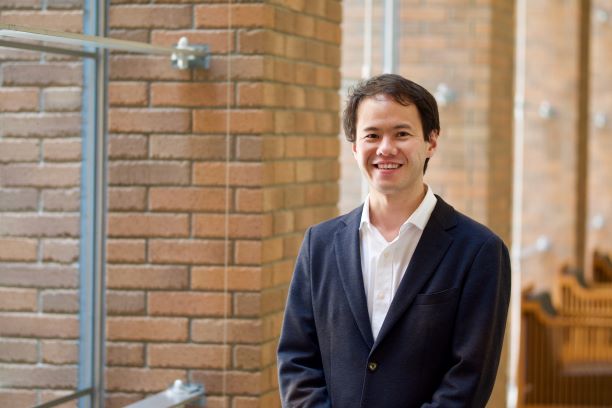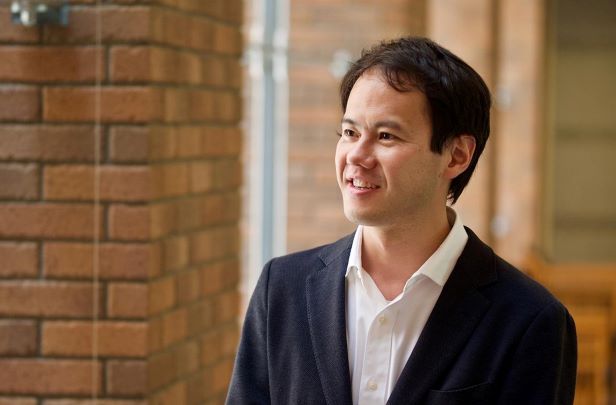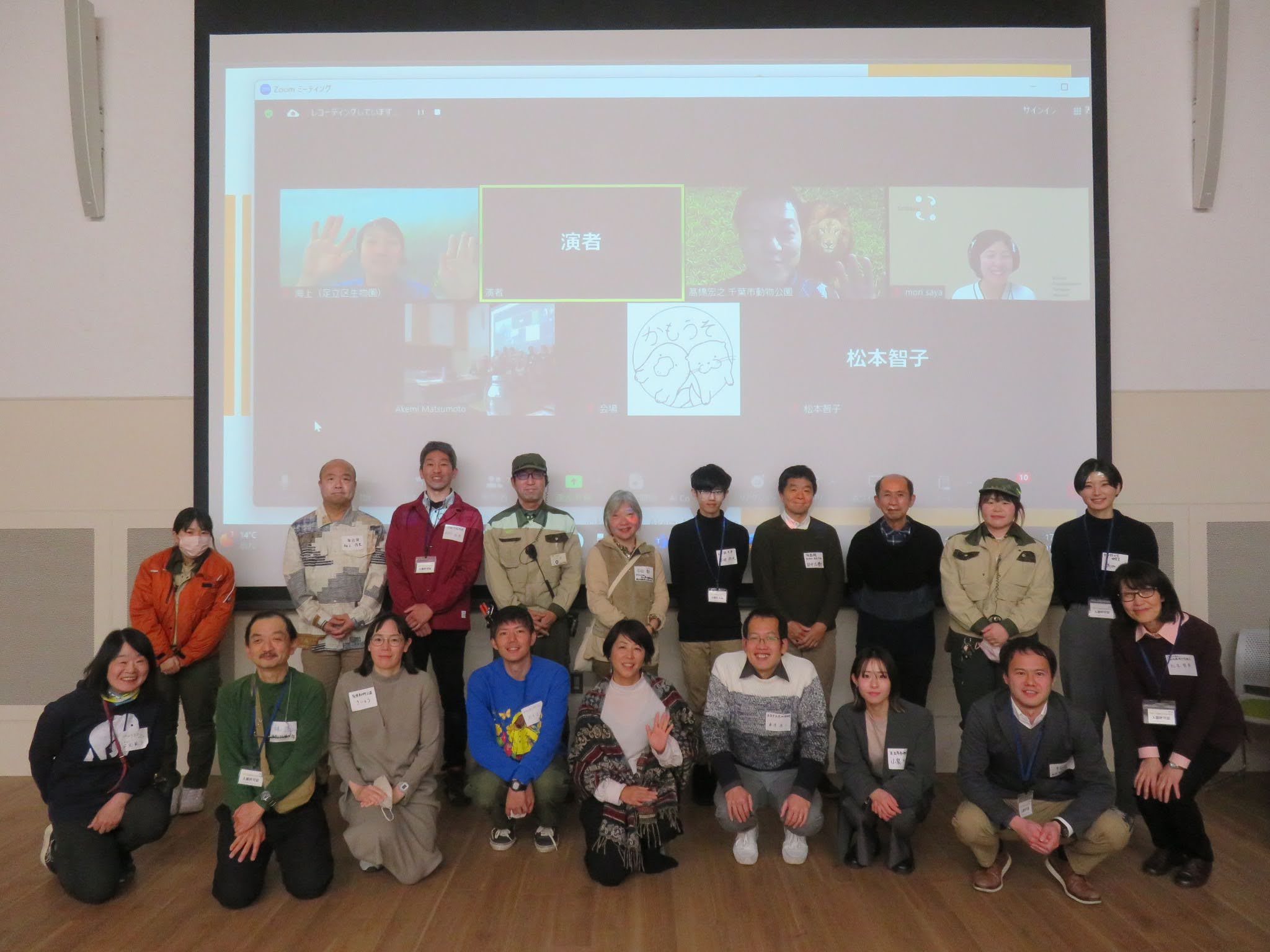RARA Associate Fellow
Conducting and theorizing social science research for biodiversity conservation: With specific focus on human dimension of wildlife management, environmental education, and citizen science



Conducting and theorizing social science research for biodiversity conservation: With specific focus on human dimension of wildlife management, environmental education, and citizen science
SCROLL
FELLOW PROFILE
Graduated from the Faculty of Law, Keio University. Studied abroad as a Rotary Foundation International Ambassadorial Scholar at the graduate school of University of Florida (US), earning a Master’s and PhD in Interdisciplinary Ecology.
Previously worked as a Postdoctoral Researcher of Japan Society for the Promotion of Science at Yokohama National University and a part-time Lecturer at Chiba University before becoming an Associate Professor at College of Policy Science of Ritsumeikan University in 2017.
Currently serves as a Review Committee of Environmental Education of Ministry of Environment and a Committee of Environmental Board of Kyoto City. Previously served as a visiting Associate Professor at Keio University and Cornell University.
SEE ALSO
Aiming to establish an academic discipline of Conservation Social Science in Japan through realizing biodiversity conservation
At RARA, I will conduct research on three topics: human dimensions of wildlife management, development of environmental education evaluation methods across cultures and countries, social science research to clarify the significance of citizen science. These topics are all characterized by being practical and theoretical studies that aim to realize biodiversity conservation. By concurrently working on these studies, I aim to establish an academic discipline of Conservation Social Science, a field that is not yet very familiar in Japan.
I have loved wildlife since childhood, and vaguely thought that I would pursue a career that involved animals. As a student, I participated in various activities related to wildlife study. Through collaboration with researchers, I discovered the beauty of working in research. At the same time, I came to fully realize that biodiversity loss is often caused by human activities, and decided to work on conservation social science research with the aim of solving this problem by understanding human society.
By conducting practical and theoretical social science research aimed toward biodiversity conservation, my goal is to contribute to solving problems as well as establish an academic discipline of “Conservation Social Science” in Japan. At the same time, I aim to create an international research unit where researchers and practitioners from around the world on the topic of conservation social science gather, and contribute to training many leaders in this field.
In terms of a roadmap for the future, I will advance research on Conservation Social Science, publish the outcomes in High-Impact Journals, and write and publish related books in both Japanese and English. I will also promote the creation of the new research unit in Japan and overseas, with the aim of having Ritsumeikan University be recognized as a research base in this field. Meanwhile, I will accept many graduate students and postdoc researchers who aspire to study Conservation Social Science, and train the next generation of specialists in this field.
Environmental issues are something that humanity will have to cooperate to solve, and biodiversity loss is a severe issue in this area. This research will contribute to explaining to society the specific problem-solving processes for discovering how science can provide the prescription for these pragmatic problems. I will also use the approach of Conservation Social Science, as a practical type of research for solving problems, to provide clues as to the kind of research that should be conducted in next-generation universities, and what should be taught to students.x
Partnerships:
I would like to build partnerships with diverse participants who are working on or are thinking about working on biodiversity conservation (governmental agencies, companies, research institutes, and other groups both in Japan and overseas). Issues in the field are diverse and cannot be solved in a day. My vision is to have partnerships in which we work together to carefully learn about the problems unique to each area, and find out how to work toward resolving those issues.
Research collaborations:
When conducting cooperative work, I value a stance of conducting interdisciplinary research that extends beyond specific academic fields for the sake of academic and social development, without clinging to a particular field of expertise or method, and without being limited to any specific country or region. I also emphasize the perspective of training the next generation of researchers and practitioners who will become future experts in biodiversity conservation, regardless of the research project we are working on.



Latest Research Activity Report
-

Research Activity Report / Ryo Sakurai
Associate Professor Ryo Sakurai Appeared on NHK World-Japan
2025 / 11 / 26
VIEW DETAIL
-

Research Activity Report / Ryo Sakurai
Activities of Associate Professor Ryo Sakurai have been featured in the nature information magazine SEEDS of the World Natural Heritage, Shiretoko
2025 / 02 / 20
VIEW DETAIL
-

Research Activity Report / Ryo Sakurai
Associate Professor Ryo Sakurai spoke at the 6th Session of Museum and ESD at the Osaka Tennoji Zoo
2025 / 02 / 04
VIEW DETAIL

